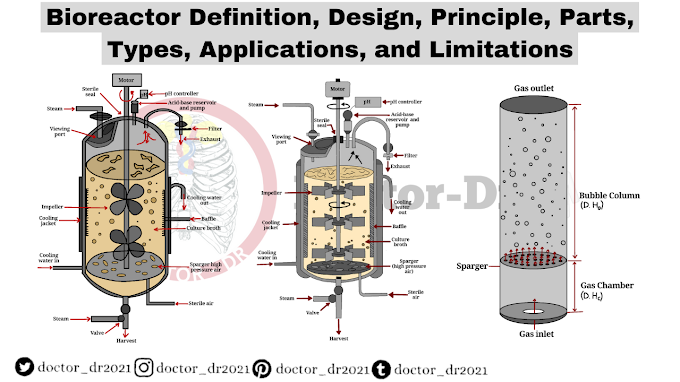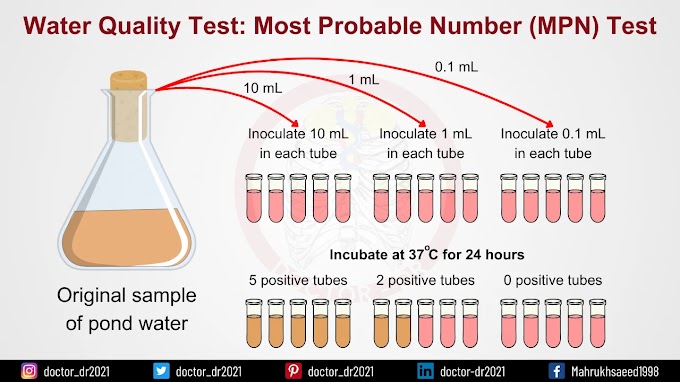Did you know your gut bacteria might be playing a role in how fast you age? A new study from the Wistar Institute has found a link between viral damage to the gut, leaky gut, and accelerated biological aging. This means that people whose bodies age faster than their chronological age could be more susceptible to health problems like cancer, heart disease, and even reduced vaccine effectiveness.
The study, led by Dr. Mohamed Abdel-Mohsen, focused on individuals living with chronic HIV infection, as this condition is known to accelerate biological aging. Researchers analyzed various samples, including colon, ileum, stool, and blood, and discovered a crucial connection: disrupted gut microbiomes, increased gut permeability (leaky gut), and faster biological aging were all linked.
Interestingly, the study found that the location of the gut microbiome significantly impacted its effects. While the microbiomes in the colon and ileum (parts of the small intestine) were connected to accelerated aging, the fecal microbiome wasn't. This highlights the importance of analyzing intestinal tissues directly to understand the gut-aging connection more accurately.
The researchers also used advanced methods to measure biological age, including telomere length analysis and epigenetic clocks. These methods provide valuable insights into a person's biological health, independent of chronological age.
This research opens exciting possibilities for future interventions. By understanding the specific bacteria and their byproducts that potentially accelerate aging, scientists might develop strategies to mitigate their effects and improve the healthspan of individuals with chronic conditions.
Dr. Abdel-Mohsen emphasizes the need for further research to fully understand the implications of these findings. He believes in developing strategies to prevent gut dysbiosis (imbalance in gut bacteria) and leaky gut, and exploring how these strategies could impact biological age. This research paves the way for future discoveries and potential interventions to enhance health and longevity.
Remember: This is just the beginning of the journey towards understanding the complex relationship between gut health, aging, and chronic conditions. By staying informed about ongoing research, you can be part of the exciting conversation about promoting health and well-being in the future.








